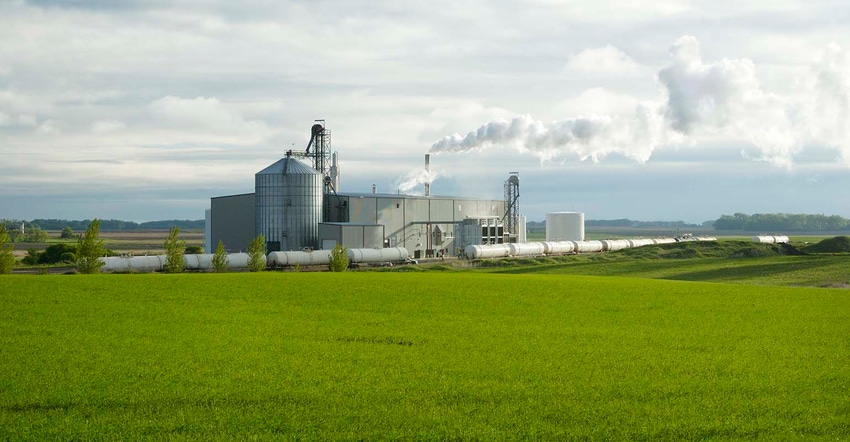October 30, 2019

The corn industry says the Trump biofuel proposal doesn’t go far enough to help ailing biofuel producers and the oil industry says the proposal “punishes the companies already complying” with the Renewable Fuel Standard. The two sides aired their views at a hearing this morning in Michigan, that stretched on for more than four hours, according to Reuters.
Iowa Secretary of Agriculture Mike Naig summed up the last month of RFS back-and-forth in his prepared remarks.
“On Oct. 4, we celebrated when the EPA announced that it would reallocate waived gallons based on a three-year rolling average of actual exemptions,” he said. “This would ensure the future RFS levels would be met, and I was proud to support this deal. A week later, we were astonished to learn that the EPA had rebuffed President Trump’s commitment to Iowa’s leaders and proposed a rule which offered no accountability or transparency and fell short of the 15-billion-gallon commitment.”
The proposed rule created uncertainty in the market, Naig said, and contributed to the closure of ethanol plants.
“The EPA’s plan to make calculations based on unfollowed recommended numbers instead of actual numbers is math that can only be concocted in Washington,” he said. “The American people are growing tired of these Washington shell games. … In America’s heartland, the law is the law. A deal is a deal. 15 billion gallons means 15 billion gallons.”
Minnesota farmer and National Corn Growers Association Ethanol Action Team member Brian Thalmann took time out of the combine to attend the hearing.
“I have a simple message – when it comes to the Renewable Fuel Standard, we need the EPA to follow the law,” Thalmann said. “As farmers, we follow rules put in place by state and federal agencies, including the EPA. We are simply asking the EPA to do the same for us.”
Farmers and ethanol producers were promised the Renewable Fuel Standard would be upheld by reallocating small refinery exemptions based on an average of actual waived gallons from the three previous compliance years, said Iowa Corn Growers Association President Jim Greif. The EPA’s rule uses the Department of Energy recommendations, which the EPA has historically not followed.
“By following DOE suggestions, rather than actual numbers, farmers may only get back half of the demand destruction that EPA actually grants in future years,” Greif said. “This means 580 million gallons of biofuel demand will be waived annually that is completely unaccounted for – roughly eliminating the ethanol production capacity of the entire state of Wisconsin. In corn numbers, this means 203 million bushels of corn demand will continue to be eliminated annually – that’s like eliminating all of the corn acres in the entire state of Colorado.”
State leaders are also calling on EPA to make changes.
Minnesota Gov. Tim Walz and South Dakota Gov. Kristi Noem asked EPA to honor Trump’s commitment to follow the RFS in a letter to EPA Administrator Andrew Wheeler.
In their comments, Walz and Noem said the proposed rule “… demonstrates that EPA is oblivious to the harm it has caused” and is ignoring the agreement President Trump reached with the nation’s biofuels community.
“EPA chose to approve these waivers at a time when farmers and biofuel producers were already hurt by adverse weather conditions, flagging export market opportunities, and chronically low commodity prices. Approving these waivers when the agriculture economy was struggling represented a callous disregard for the economic interest our nation’s farmers,” the governors said, adding at least 30 plants remain closed and the rule will not allow those facilities to open and “put people back to work.”
The governors urged Wheeler to use a three-year rolling average of actual exempted gallons as the basis to estimate 2020 exempted volumes. “This approach would ensure the 15-billion-gallon requirement is actually enforced and truly results in actual blending of at least 15 billion gallons of conventional renewable fuel,” they said.
About the Author(s)
You May Also Like




